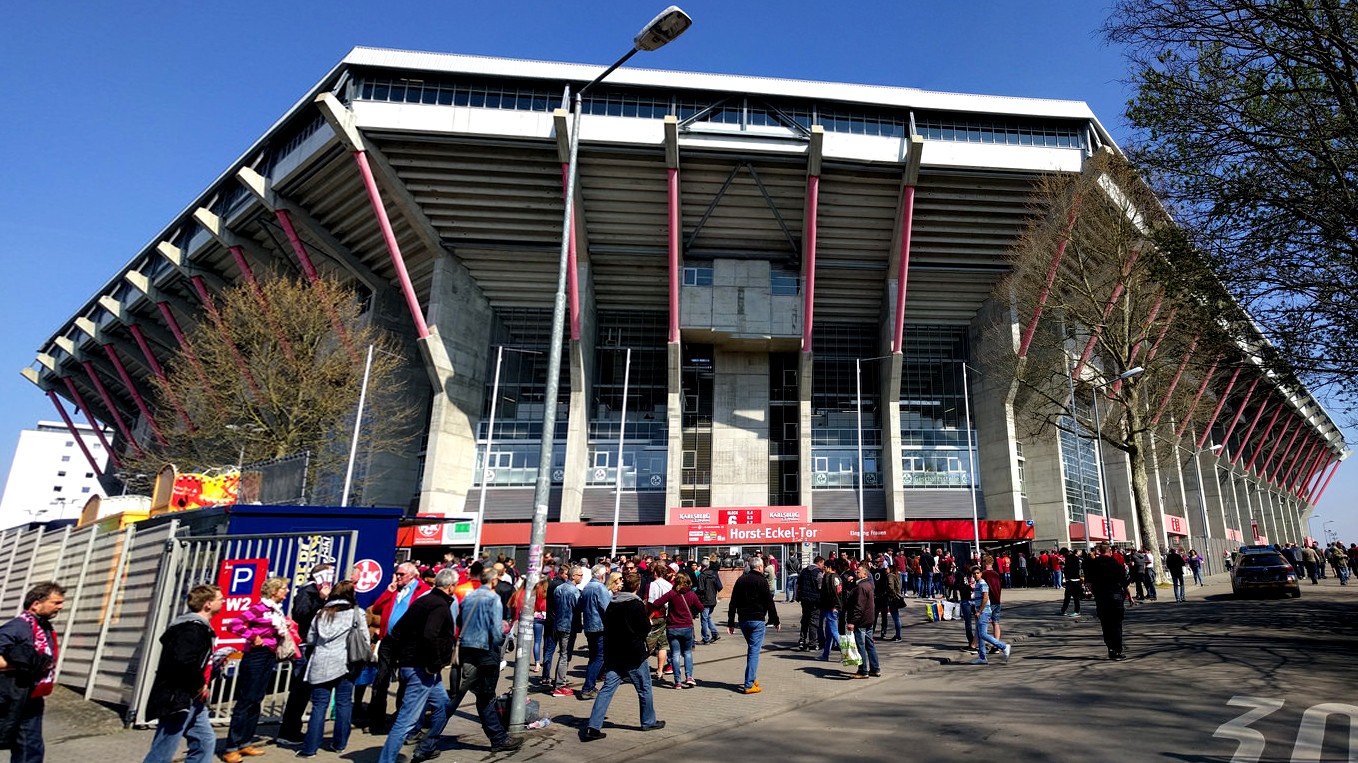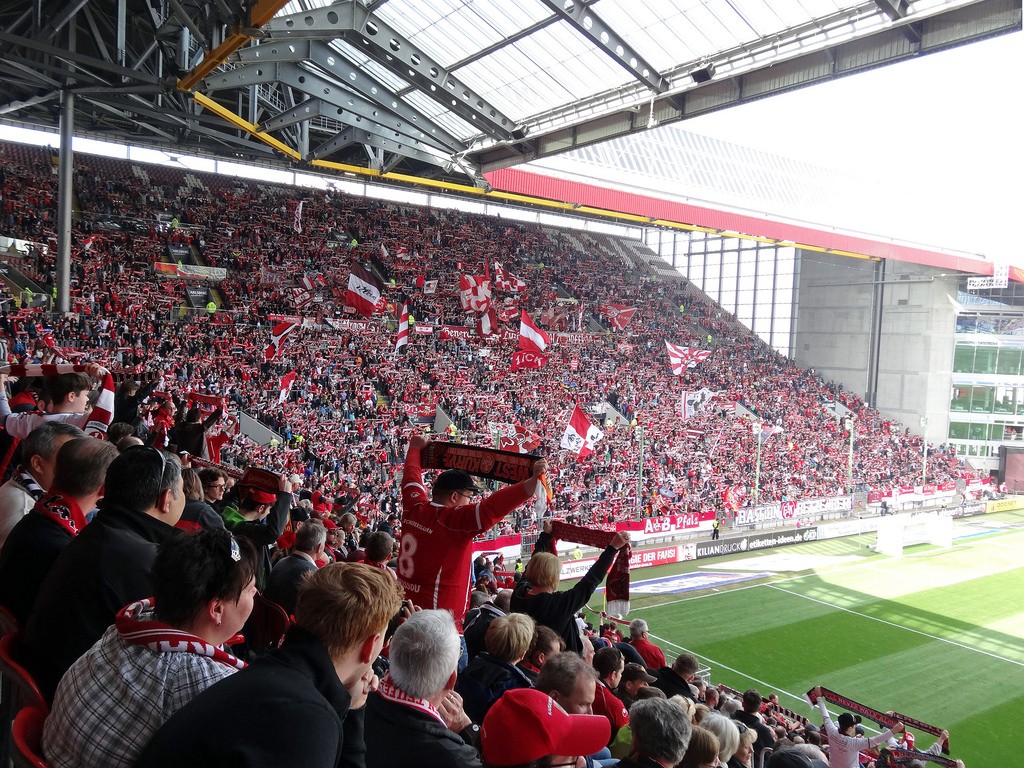Germany: Time to turn the light off in Kaiserslautern?
source: Deutschlandfunk.de / SWR.de / StadiumDB.com; author: michał
 If they don't get relegated to Regionalliga themselves, they may lose license over financial issues. The city is negotiating to sell the stadium and reorganise it to be less dependent on sport, but would it be viable without 1. FC Kaiserslautern at all?
If they don't get relegated to Regionalliga themselves, they may lose license over financial issues. The city is negotiating to sell the stadium and reorganise it to be less dependent on sport, but would it be viable without 1. FC Kaiserslautern at all?
Advertisement
For the second time in two decades 1. FC Kaiserslautern may be facing the prospect of bankruptcy. Each time their stadium, built ahead of the 2006 World Cup, is among the key issues. When it was being built, the contractor collapsed and almost pulled the football club along with it, only to see it saved by the city of Kaiserslautern, who bought the stadium.
The city established a subsidiary to manage the stadium, to whom it lent €65 million, payable upon maturity. So far the company has only been paying off interest, though during the good years some amortization reserve was saved, totaling €18 million.
Except there haven't really been too many good years so far. In the 21st century 1. FC Kaiserslautern didn't manage to build a stable presence in Bundesliga. Already in 2006 the club was relegated, managed to return in 2010, but only for two seasons. Then 6 years in 2. Bundesliga and now the descent to 3. Liga.
Sadly, there was even the risk of relegation to regional level at some point. Now 1. FCK are climbing upwards and theoretically might still win promotion. But even a good outcome on the field is no guarantee of getting back on the right track. The club are missing €12 million (!) in order to secure license for the 2019/20 season, a tremendous task for a third-tier side.
Not how it was supposed to be
For the city of Kaiserslautern the stadium became a major burden, one that wasn't even planned as public expense in the first place. Ideally, the football team was to be rebuilt after bail-out by taxpayers and then buy the building back. In reality the continuing sporting decline is almost exactly the opposite.
And even the faithful supporters of 1. FCK aren't much of a consolation. Sure, they dominate the league in terms of attendance, being the only fanbase to buy more than 300,000 tickets for 14 home games. That's 21,500+ per match. A very solid following for 3. Liga and yet only over 40% of the stadium's capacity.
For the municipal managing company the descent to 3. Liga means drastic shortfall in income, too. For Bundesliga games the annual lease negotiated in 2015 would be €3.6 million. In 2. Bundesliga it was already significantly lower, at €2.4 million. But now the club is paying a mere €425,000 and even that is seen at 1. FCK as beyond current financial capacity.
Will they sell the stadium?
For the municipality a way out would be to find a different private entity interested in managing the stadium. As confirmed by mayor Klaus Weichel, there is a candidate and talks are advanced, have reportedly been ongoing for 1.5 years.
Because at present the football tenancy isn't viable economically, additional assets have to be involved in any potential transaction. The city is putting forward not just the stadium, but also surrounding land. This would boost the non-matchday commercial potential by allowing development of additional facilities.
Also, a new management model might be developed for the stadium, including more conference/banqueting and large scale events. Of course there would have to be room for 1. FC Kaiserslautern in the long run (despite recent claims by Bild that the team might diappear from the stadium entirely), because it's still the most probable crowd magnet. But with the club severely underperforming and possibly requiring significant restructurisation, diversifying sources of income seems necessary.
Should no sale of the stadium take place, the burden would continue to grow. In the short term lack of lease payments could be covered from the amortization reserve, but those resources would be depleted in a few years, leaving nothing for debt repayment. It might prove helpful to split ownership of the ground with the Land, which has already been done in several cases in Germany. This, however, would only ease the burden on the city, not solve the situation altogether.
Advertisement
 StadiumDB
StadiumDB ©
©  ©
©  ©
©